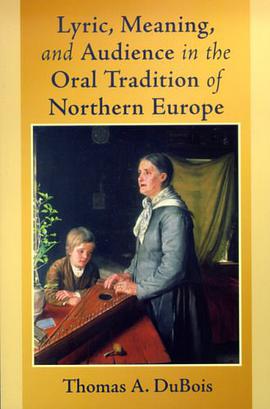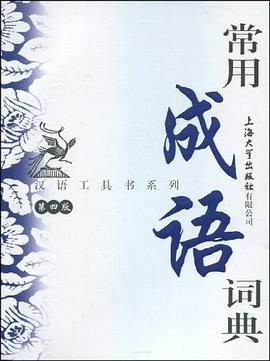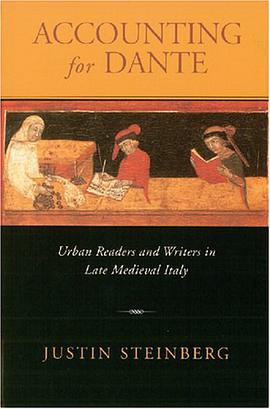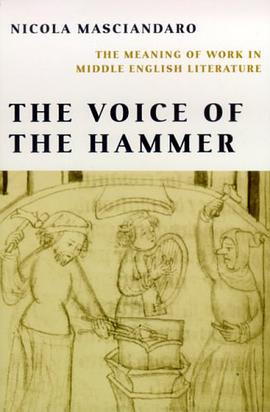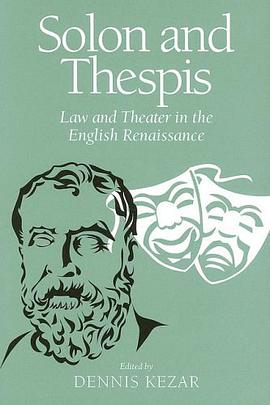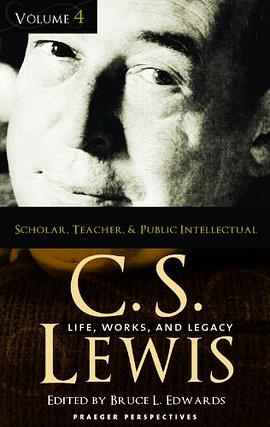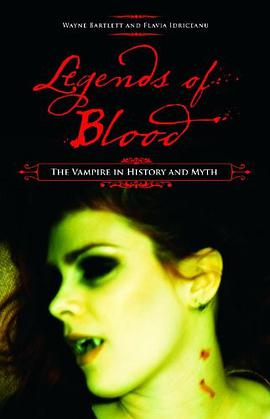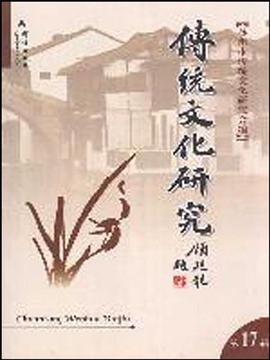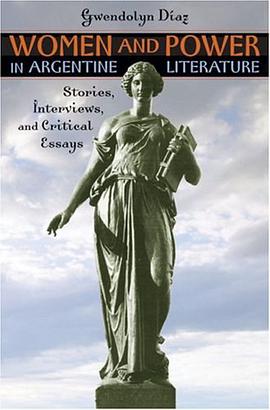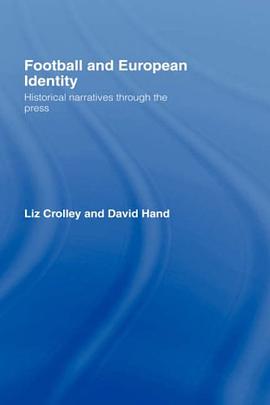

具体描述
Books Under Suspicion: Censorship and Tolerance of Revelatory Writing in Late Medieval England examines the censorship issues that propelled the major writers of the period toward their massive use of visionary genres. Kathryn Kerby-Fulton suggests that writers and translators as different as Chaucer, Langland, Julian of Norwich, "M.N.," and Margery Kempe positioned their work to take advantage of the tacit toleration that both religious and secular authorities extended to revelatory theology. The book examines controversial ideas as diverse as the early experimental humanism of Chaucer, censured beatific vision theology and the breakdown of Langland's A Text, Julian's authorial suppression of her gender, and the impact of suspect continental women's activism on Kemp. Kerby-Fulton also narrates success stories of intellectual freedom, tracing evidence of ecclesiastical tolerance of revelation, the impossibility of official censorship in a manuscript culture, and the powerful, protected reading circles for radical apocalypticism and mysticism, such as those of the Austins and the Carthusians. Until now, Wycliffism has been seen as the only significant unorthodox or radical body of writings in late medieval England. Books Under Suspicion is the first comprehensive study of banned non-Wycliffite materials in insular writing during the period of the Avignon and Great Schism papacies. It will interest scholars of late medieval religious history and Middle English literary history.
作者简介
目录信息
读后感
评分
评分
评分
评分
用户评价
相关图书
本站所有内容均为互联网搜索引擎提供的公开搜索信息,本站不存储任何数据与内容,任何内容与数据均与本站无关,如有需要请联系相关搜索引擎包括但不限于百度,google,bing,sogou 等
© 2026 book.wenda123.org All Rights Reserved. 图书目录大全 版权所有


